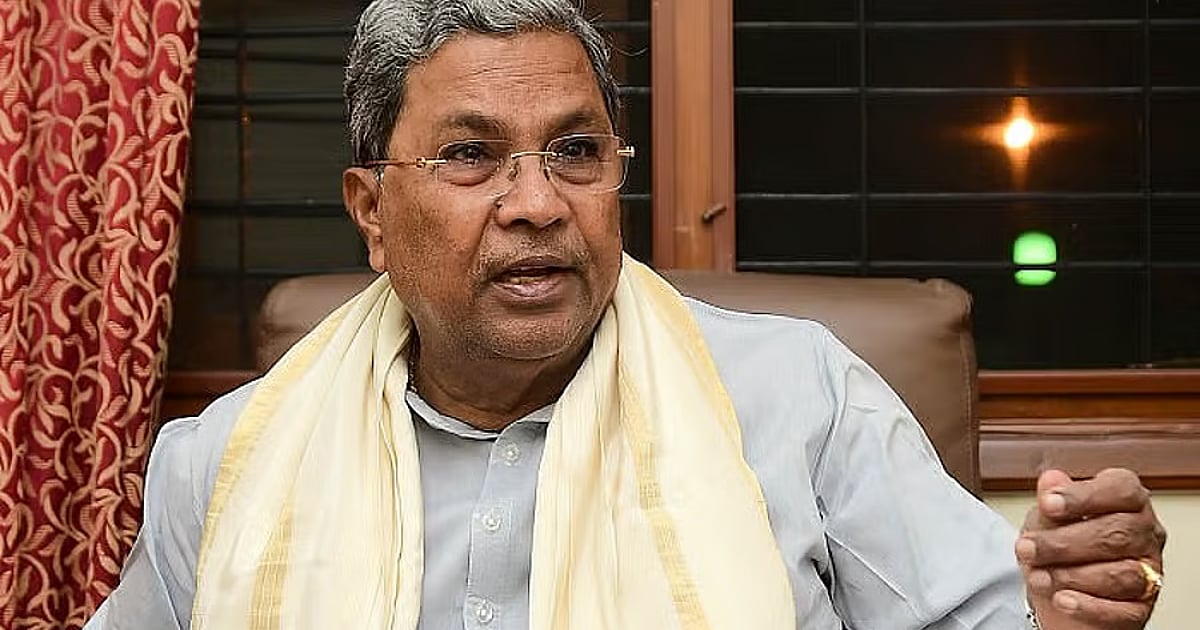Karnataka Urges End to Revenue Deficit Grants: A Bid to Boost State Financial Responsibility

Karnataka has made a bold move, urging the 16th Finance Commission to discontinue revenue-deficit grants (RDGs) distributed to states. This stance, articulated during recent discussions with the Commission, stems from concerns about inefficiencies in the current system and the escalating financial deficits experienced by several other states. The state government argues that RDGs, while intended to provide fiscal support, have inadvertently fostered a culture of dependency and hindered proactive financial management.
Why the Shift in Policy?
Karnataka’s decision isn't taken lightly. The state has consistently maintained a relatively healthy fiscal position, largely attributed to prudent financial planning and revenue generation. The argument presented to the Finance Commission highlights a growing worry that RDGs, instead of acting as a temporary lifeline, have become a permanent fixture for states struggling with budgetary shortfalls. This reliance, they contend, disincentivizes necessary economic reforms and sound financial policies.
The Inefficiencies of RDGs: A Closer Look
The state’s concerns about inefficiencies are rooted in observations of how RDGs are utilized across different states. Reports suggest that some states have not effectively addressed the underlying causes of their revenue deficits, instead relying on these grants to cover operational expenses. This approach, Karnataka argues, only serves to postpone the inevitable and exacerbates the problem in the long run. Furthermore, the process of calculating RDGs has been criticized for its complexity and potential for manipulation, leading to questions about the fairness and accuracy of the distribution.
Impact on Other States: A Contentious Issue
Karnataka’s proposal is likely to spark debate, especially among states heavily reliant on RDGs. Critics argue that eliminating these grants would disproportionately affect states with weaker economies and limited revenue-generating capacity, potentially hindering their ability to provide essential public services. However, Karnataka maintains that a more sustainable solution lies in empowering states to become financially self-sufficient through structural reforms and improved revenue mobilization.
The 16th Finance Commission's Role
The 16th Finance Commission is tasked with recommending principles governing the distribution of tax revenues between the Union and the states, as well as among the states themselves. Karnataka’s submission will undoubtedly be a key consideration in the Commission’s deliberations. The Commission will need to weigh Karnataka’s arguments against the potential consequences for states dependent on RDGs, ultimately striving to create a system that promotes fiscal responsibility and balanced economic growth across the nation.
Looking Ahead: A Call for Reform
Karnataka’s stance represents a significant shift in the national dialogue on fiscal federalism. It underscores the need for a fundamental reassessment of the RDG system and a greater emphasis on promoting fiscal discipline among states. The outcome of the 16th Finance Commission's deliberations will have profound implications for the future of India’s fiscal landscape, shaping the relationship between the Union and the states for years to come.






